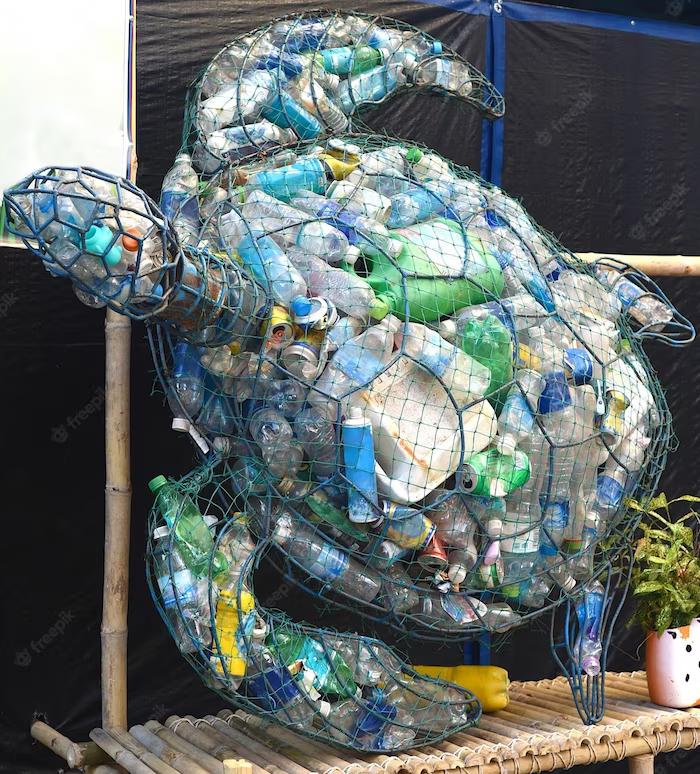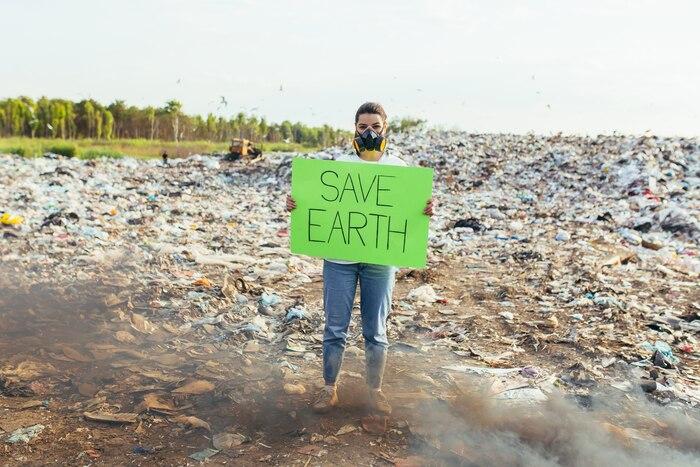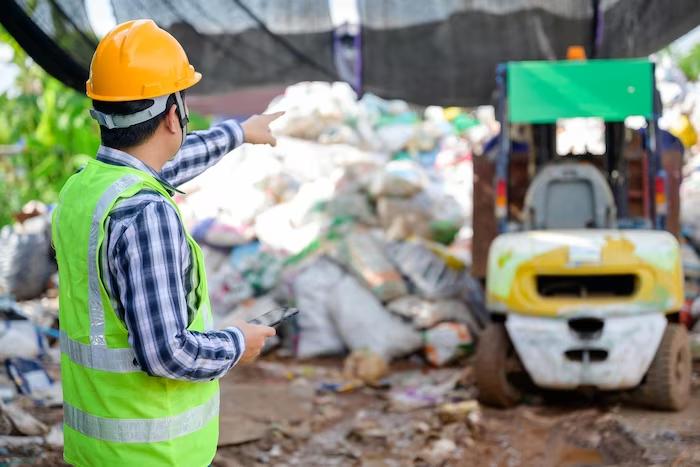CLEARING THE WAY: THE IMPACT AND BENEFITS OF EFFECTIVE RUBBISH REMOVAL



Rubbish removal is a crucial part of maintaining a clean and healthy environment. It involves the collection, transportation, and disposal of waste materials. E�ective rubbish removal has numerous benefits, including reducing pollution, preventing health hazards, and promoting sustainability.

Rubbish removal plays a critical role in protecting the environment. Proper waste disposal prevents toxins and hazardous materials from polluting the air, water, and soil. It also reduces the amount of methane gas produced by decomposing waste in landfills, which is a major contributor to climate change.

E�ective rubbish removal reduces the risk of health hazards associated with waste materials. It prevents the spread of diseases caused by bacteria and viruses found in garbage. Proper waste management also eliminates the presence of pests and rodents that can carry diseases and cause damage to property.


Rubbish removal has significant economic benefits for communities. Proper waste management reduces the costs associated with cleaning up litter and illegal dumping. It also creates jobs in the waste management industry and generates revenue from recycling and composting programs.

E�ective rubbish removal has positive social impacts on communities. It promotes cleanliness and civic pride, making neighborhoods more attractive places to live and work. Proper waste management also fosters a sense of responsibility and respect for the environment among community members.

In conclusion, e�ective rubbish removal is essential for maintaining a healthy and sustainable environment. It has multiple benefits, including reducing pollution, preventing health hazards, creating jobs, and promoting social responsibility. By working together to properly manage waste, we can build cleaner, healthier, and more vibrant communities.